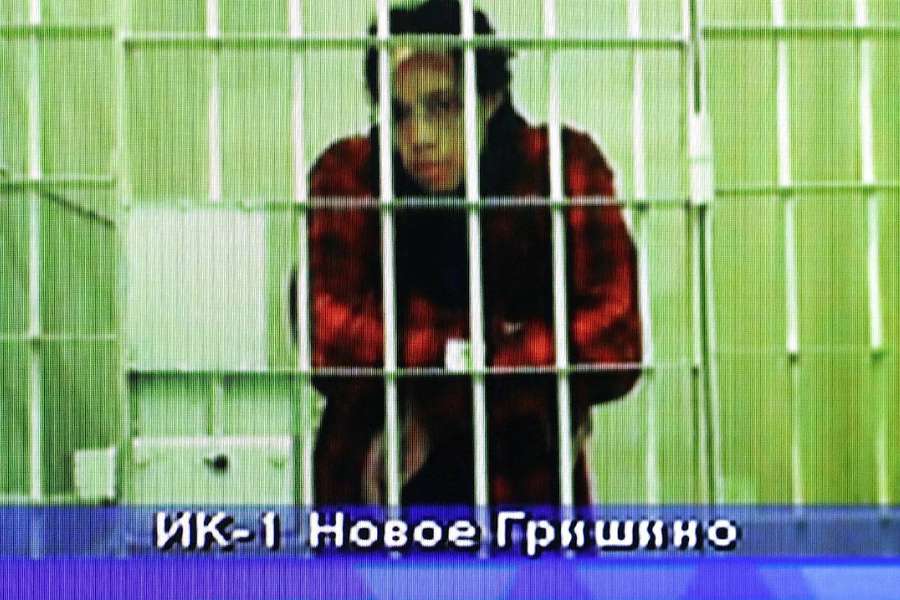WNBA star Brittney Griner on her way to penal colony, Blinken committed to freeing her

The two-time Olympic gold medallist was arrested at a Moscow airport on February 17th, a week before Russia invaded Ukraine, where she was found to have vape cartridges containing cannabis oil, which is banned in Russia, in her luggage.
US Secretary of State Antony Blinken in a statement on Wednesday said Griner was being transferred to a "remote penal colony" and that the United States expects Russian authorities to provide its embassy officials with access to Griner and other Americans detained in Russia.
The Women's National Basketball Players Association, in a statement, said it was "crushed" by the move, calling it a "scary, seemingly never-ending nightmare," adding "the lack of clarity and transparency in the process compounds the pain."
Griner was sentenced on August 4th to nine years in a penal colony on charges of possessing and smuggling drugs. She had pleaded guilty, but said she had made an "honest mistake" and had not meant to break the law.
She was transferred from a detention centre near the Russian capital on November 4th in order to be taken to a penal colony, but neither her current location nor her final destination are known, her legal team said in a statement.
In line with Russian procedures, they said her attorneys and the US Embassy should be notified upon her arrival, but that it would take up to two weeks for that to happen.
Reuters has requested comment from Russia's federal prison service on where Griner is being taken and where she is now.
Transfers to penal colonies can be time-consuming as groups of prisoners are assembled and moved to different locations across the world's largest country.
The White House said US President Joe Biden has directed his administration to "prevail on her Russian captors to improve her treatment and the conditions she may be forced to endure in a penal colony."
The Biden administration in late July proposed a prisoner swap with Russia to secure Griner's release, as well as that of former US marine Paul Whelan but said Moscow had yet to respond positively to the offer.
Russia has refused to comment on the state of negotiations, saying such diplomacy should not be conducted in public.
The souring of ties between Russia and the West over the Ukraine war has complicated the talks.
"Despite a lack of good faith negotiation by the Russians, the US government has continued to follow up on that offer and propose alternative potential ways forward with the Russians through all available channels," White House spokeswoman Karinne Jean-Pierre said.
Griner's lawyers have not yet said if they will attempt a further appeal against her conviction after a Russian court rejected an attempted appeal on October 25th.
HARSH CONDITIONS
Inmates in Russian penal colonies face a harsh regime of tedious manual work, poor hygiene, and lack of adequate access to medical care.
Maria Alyokhina, who served nearly two years for her part in a 2012 punk protest in a Moscow cathedral by the feminist group Pussy Riot, told Reuters in an interview last week she had been one of 80 women sleeping in one room with just three toilets and no hot water. She compared conditions to a Gulag labour camp under Soviet dictator Josef Stalin.
"Our primary concern continues to be BG’s health and well-being," Griner's agent, Lindsay Colas, said in a separate statement, referring to the player by her initials.
"As we work through this very difficult phase of not knowing exactly where BG is or how she is doing, we ask for the public’s support in continuing to write letters and express their love and care for her," Colas said.
